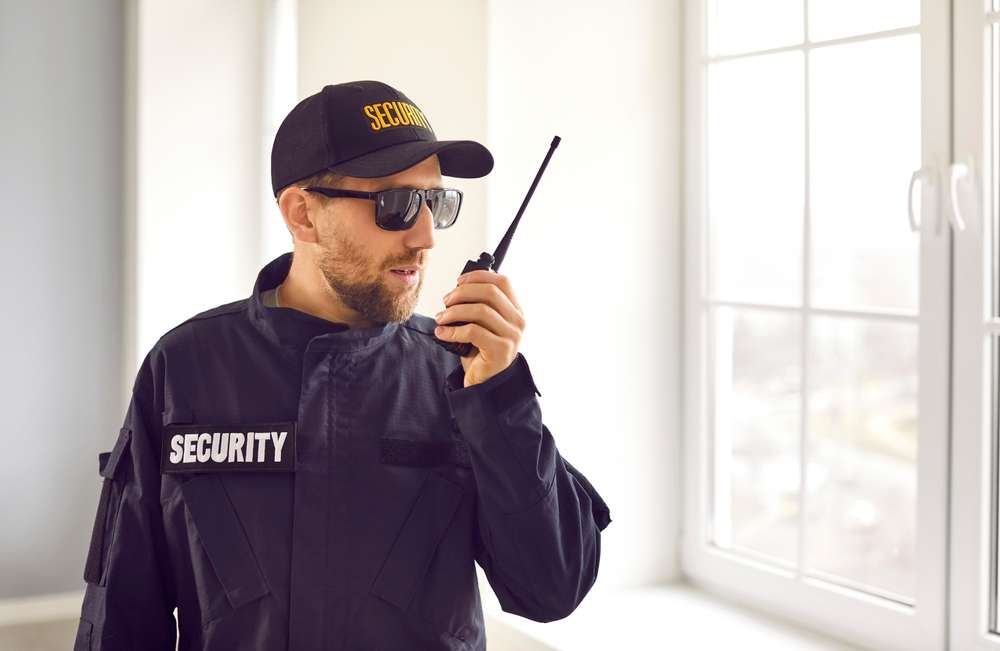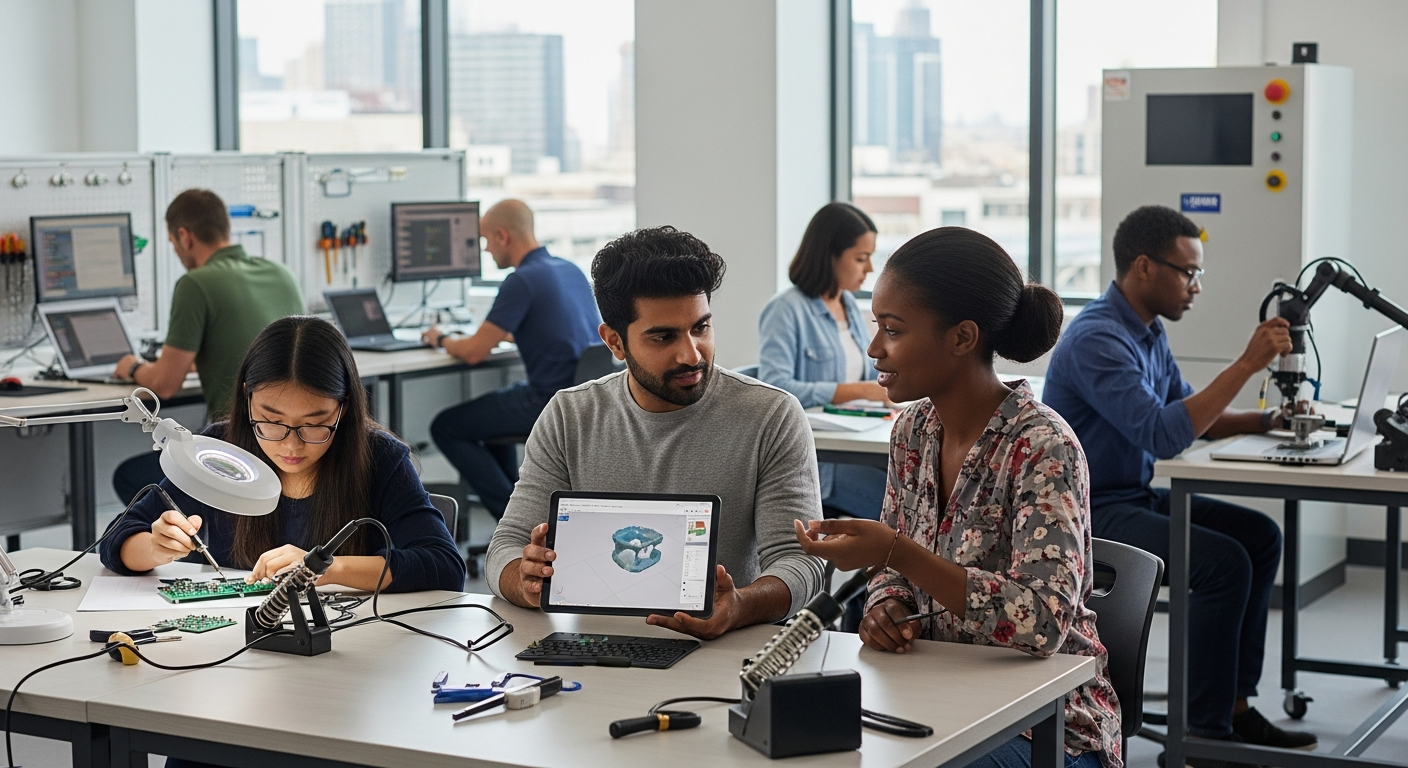Security roles and responsibilities across different settings
Security professionals serve as the backbone of protection across numerous industries, adapting their skills and responsibilities to meet the unique challenges of each environment. From corporate offices to bustling hotels and high-profile events, security personnel must navigate diverse scenarios while maintaining safety standards. The modern security landscape continues to evolve, driven by technological advances, changing threat patterns, and expanding professional opportunities that extend far beyond traditional full-time positions.

In which settings is security presence most important today?
Security presence has become critical across multiple sectors, with certain environments requiring heightened vigilance due to their nature and risk factors. Corporate facilities, government buildings, and financial institutions maintain constant security coverage to protect sensitive information and personnel. Healthcare facilities require specialized security teams trained to handle medical emergencies while maintaining patient privacy and managing potentially volatile situations.
Educational institutions, from elementary schools to universities, have significantly increased their security presence in recent years. Retail environments, particularly shopping centers and high-value stores, rely on security personnel to prevent theft and manage crowd control. Transportation hubs, including airports, train stations, and ports, represent some of the most security-intensive environments, requiring coordinated efforts between private security and law enforcement agencies.
How do responsibilities change between offices, hotels, and events?
Security responsibilities vary dramatically across different settings, requiring specialized training and adaptability. Office security typically focuses on access control, visitor management, and protecting company assets. Security personnel monitor entry points, verify credentials, conduct regular patrols, and oversee surveillance systems. They often work closely with IT departments to maintain cybersecurity protocols and respond to both physical and digital threats.
Hotel security presents unique challenges, combining guest safety with property protection. Security staff must balance hospitality with vigilance, handling everything from noise complaints to emergency evacuations. They monitor public areas, investigate incidents, coordinate with local law enforcement, and often provide concierge-like assistance while maintaining security protocols. The 24/7 nature of hotel operations requires round-the-clock security coverage.
Event security demands rapid response capabilities and crowd management expertise. Security teams must conduct threat assessments, coordinate with venue staff, manage entry and exit points, and handle potentially large crowds. They work with emergency services, implement evacuation procedures when necessary, and adapt quickly to changing situations throughout events.
What formats of security activity exist beyond full-time roles?
The security industry offers diverse employment formats that accommodate various lifestyle preferences and career goals. Contract security positions allow professionals to work with different clients and gain experience across multiple industries. These roles often provide flexibility and competitive compensation, particularly for specialized skills or high-risk assignments.
Part-time security positions cater to students, retirees, or those seeking supplemental income. Many security companies offer weekend, evening, or seasonal positions that align with personal schedules. Consulting opportunities exist for experienced security professionals who can provide expertise in risk assessment, security system design, and training program development.
Mobile patrol services represent another growing segment, where security personnel cover multiple locations rather than maintaining static posts. Technology-driven roles, such as remote monitoring specialists who oversee surveillance systems from centralized locations, have expanded opportunities for those with technical skills but physical limitations.
Why does the security sector stay relevant across industries?
The security sector maintains its relevance through its fundamental role in protecting people, property, and information across all industries. Economic factors drive the need for asset protection, while increasing urbanization creates more complex security challenges. Regulatory requirements in healthcare, finance, and other sectors mandate professional security presence to ensure compliance.
Insurance considerations also fuel demand for professional security services, as many insurance policies require documented security measures to qualify for coverage or reduced premiums. The human element remains irreplaceable in security operations, despite technological advances. Security personnel provide judgment, decision-making capabilities, and interpersonal skills that automated systems cannot replicate.
The sector’s adaptability ensures continued relevance as new threats emerge and industries evolve. Security professionals continuously update their skills to address cybersecurity concerns, workplace violence prevention, and emerging technologies that impact safety and security protocols.
What changes are shaping the field of security in modern times?
Technology integration has fundamentally transformed modern security operations. Advanced surveillance systems, access control technologies, and mobile communication tools have enhanced security capabilities while requiring new technical skills from personnel. Artificial intelligence and machine learning applications help predict and prevent security incidents, though human oversight remains essential.
Training standards have evolved significantly, with increased emphasis on de-escalation techniques, cultural sensitivity, and emergency medical response. Professional certification programs have expanded, offering specialized credentials for different security sectors and creating clearer career advancement pathways.
The COVID-19 pandemic accelerated changes in security protocols, introducing health screening responsibilities and social distancing enforcement. Remote work trends have shifted some security focus toward cybersecurity and protecting distributed workforces. Climate change considerations have also influenced security planning, with increased emphasis on natural disaster preparedness and business continuity planning.
Modern security professionals increasingly serve as customer service representatives, community liaisons, and emergency responders, expanding their role beyond traditional protection duties. This evolution has elevated the profession’s status and created opportunities for career growth and specialization that continue to attract new talent to the field.




